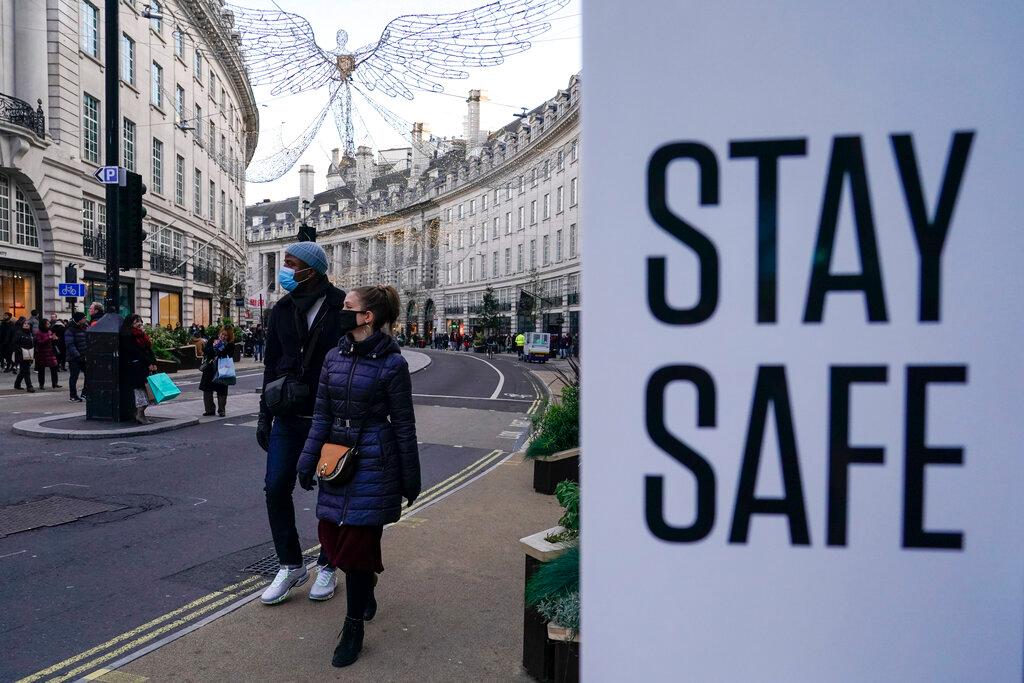National Institutes for Health (NIH) Director Dr. Francis Collins on Nov. 29 said that while the Omicron variant of COVID-19 should be taken “seriously,” whether the new variant will outcompete the Delta variant in the United States remains to be seen.
“What we do know, it has a lot of mutations, more than 50, that’s a new record,” Collins told CNN. “Some of those we’ve seen before and some we haven’t. So this certainly suggests that this is a new kind of virus that we have to take very seriously.”




